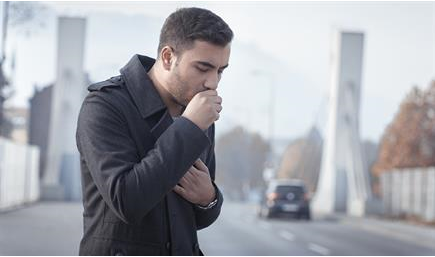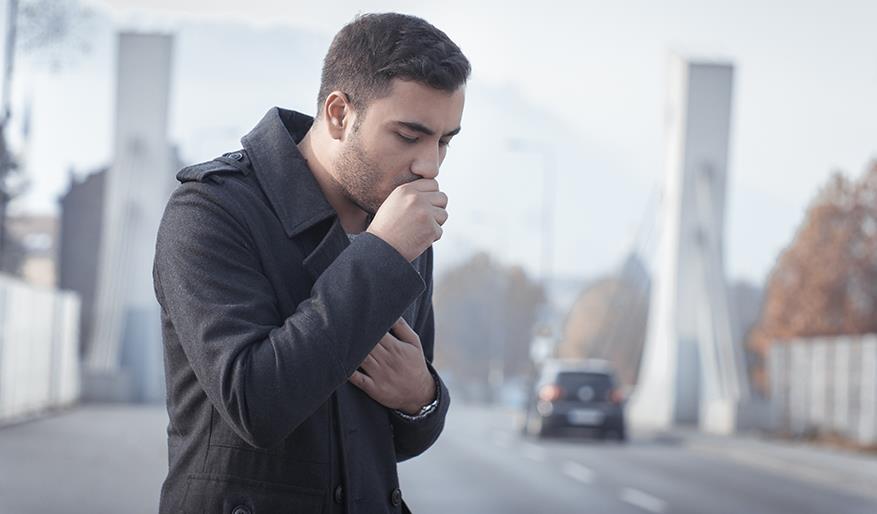Our Doctors
Meet all the doctors from Cleveland Clinic Abu Dhabi.
View Doctors
Learn more about COPD and how you can stay healthy

After months of coughing and feeling breathless, you may have been diagnosed with chronic obstructive pulmonary disorder, or COPD. Receiving a new diagnosis can sometimes be overwhelming and leave you with a lot of questions. Here is a short guide on what to expect on your next hospital visits along with some other things you may want to know about COPD.
If you haven’t already, you are very likely to undergo some simple breathing tests to evaluate the severity of your condition on your next visit. These extra tests will help your doctor understand if you have mild, moderate or severe COPD and guide them to select the correct therapies for you. These tests will involve you taking some big breaths and breathing in and out through a special measuring device designed to determine how well your lungs are working. This allows the physician to tailor treatments to your exact requirements, including medications and lifestyle changes.
If you do smoke, your physician is certainly going to recommend that you quit smoking. With a COPD diagnosis, quitting smoking will significantly improve your quality of life and make a noticeable difference to your health.
The aim of COPD treatment is to relieve symptoms, slow down progress of the disease, improve your ability to stay active, and prevent and treat complications. The most common medication for newly diagnosed COPD patients is inhaled bronchodilators. These medications relax the muscles surrounding your airways, resulting in more open airways and easier breathing. You may require short-acting medications, which you can use as and when needed, or long-acting ones which are used every day.
Catching a cold, the flu or a lung infection can cause your symptoms to worsen quickly, and bacterial infections will probably require antibiotics. People with COPD are significantly more vulnerable to infections due to reduced lung function. It is very important for all patients with COPD to receive flu and pneumonia vaccinations to prevent infections.
People with COPD may struggle with weight and nutrition. You may need to try and gain weight or reduce your weight. Good nutrition can improve your ability to exercise, which helps to build stronger muscles and improve lung function.
Dr. Yaser Abu El Sameed, who treats patients with COPD regularly, says. “Patients with COPD often ask if the condition will seriously affect their home and work life. If they cooperate and work with their doctor they can maintain a good quality of life and avoid complications.”